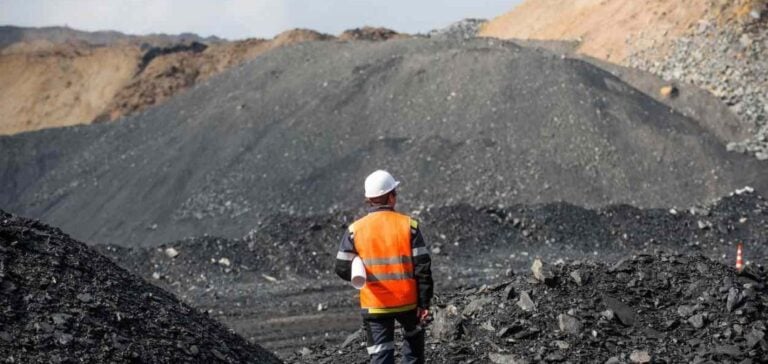The REN21 network of renewable energy experts publishes an alarming report on April 4, 2024, from Paris. Rana Adib, Executive Director of REN21, points the finger at rising fossil fuel consumption and rising global energy-related emissions. Despite the agreement at COP28 in Dubai to triple renewable energy capacity by 2030, CO2 emissions rose by 1.1% in 2023, reaching a record level.
Insufficient renewable capacity
Despite a “new record” of 473 GW of new renewable electricity generation capacity in 2023, REN21 experts consider this figure to be well short of the 1,000 GW per year needed to meet global climate and sustainable development commitments. The transition to clean energy is struggling to replace coal, oil and gas at the pace required to tackle the climate emergency.
Rising energy demand and dependence on fossil fuels
Between 2012 and 2022, the use of renewable energies increased by 58%, while overall energy demand grew by 16%, mainly met by fossil fuels. Coal, oil and fossil gas together contributed around 65% of the growth in energy consumption during this period, highlighting the continuing dependence on polluting energy sources.
Financing the climate transition
The report highlights the critical issue of financing climate transition and adaptation, especially for developing countries where the costs of renewable projects are significantly higher, with a cost of capital of up to 10%, compared with less than 4% in developed countries. This situation is exacerbated by a global financial system that disadvantages less advanced countries, constituting a major obstacle to an equitable transition.
Bottlenecks and inadequate infrastructure
REN21 also identifies major bottlenecks, such as delays in granting permits and connecting renewable projects to the grid. Globally, 3,000 GW of renewable energy projects remained underdeveloped in 2023, due to inadequate grid infrastructure, insufficient financing, and delays in permitting.
The REN21 report illustrates the significant challenges facing the transition to renewable energies, highlighting the urgency of overcoming financial, regulatory and infrastructural barriers to achieving global climate and sustainable development goals. The forthcoming COP29 in Azerbaijan is shaping up as a crucial opportunity to address these issues and strengthen international commitment to an accelerated and equitable energy transition.






















